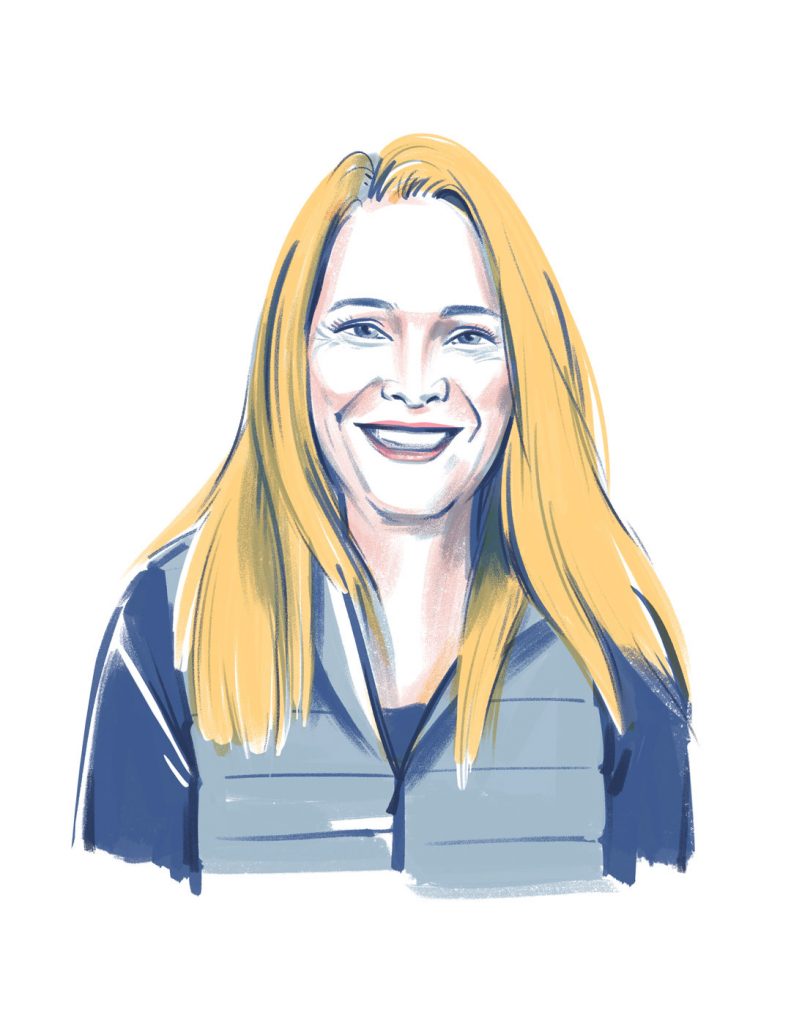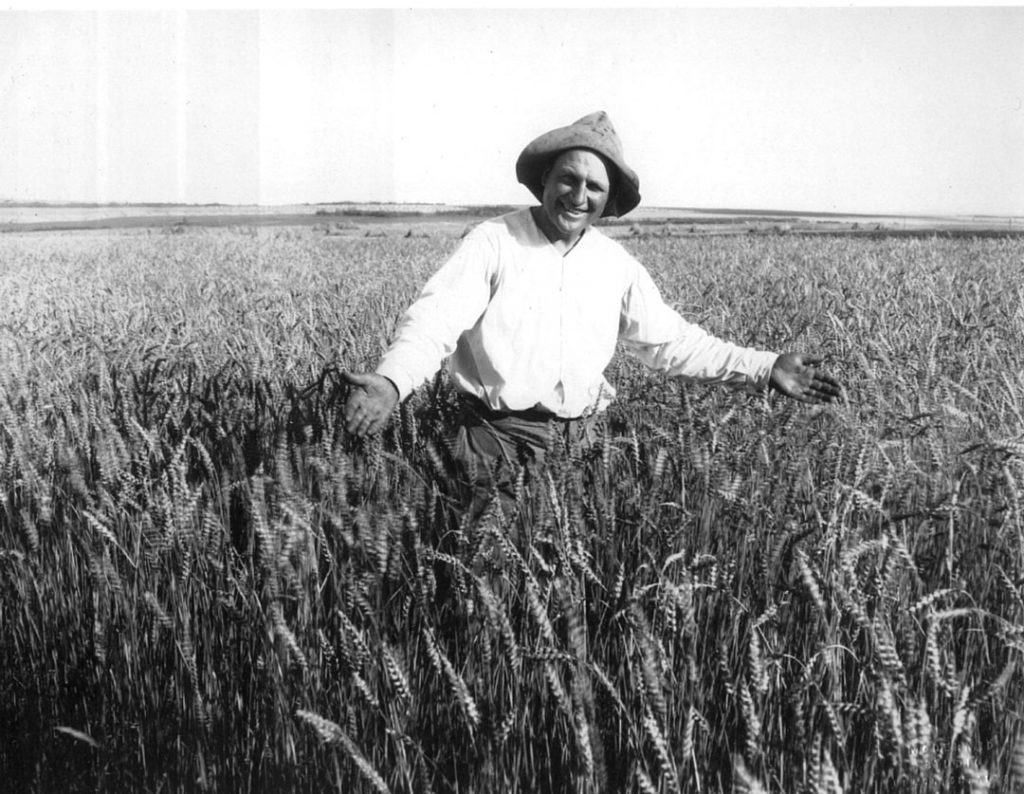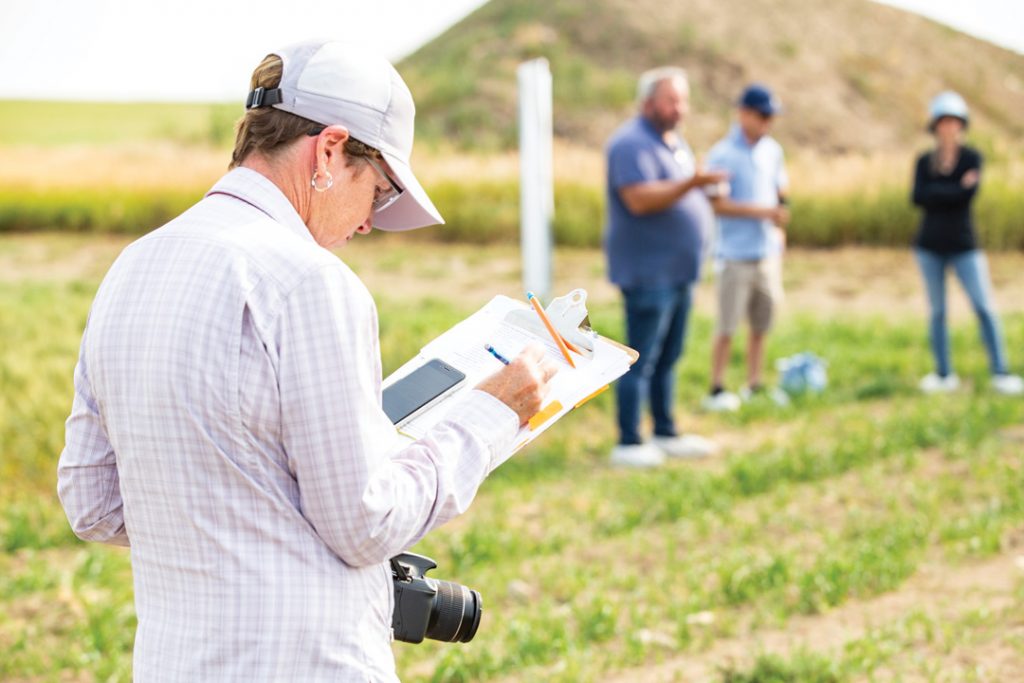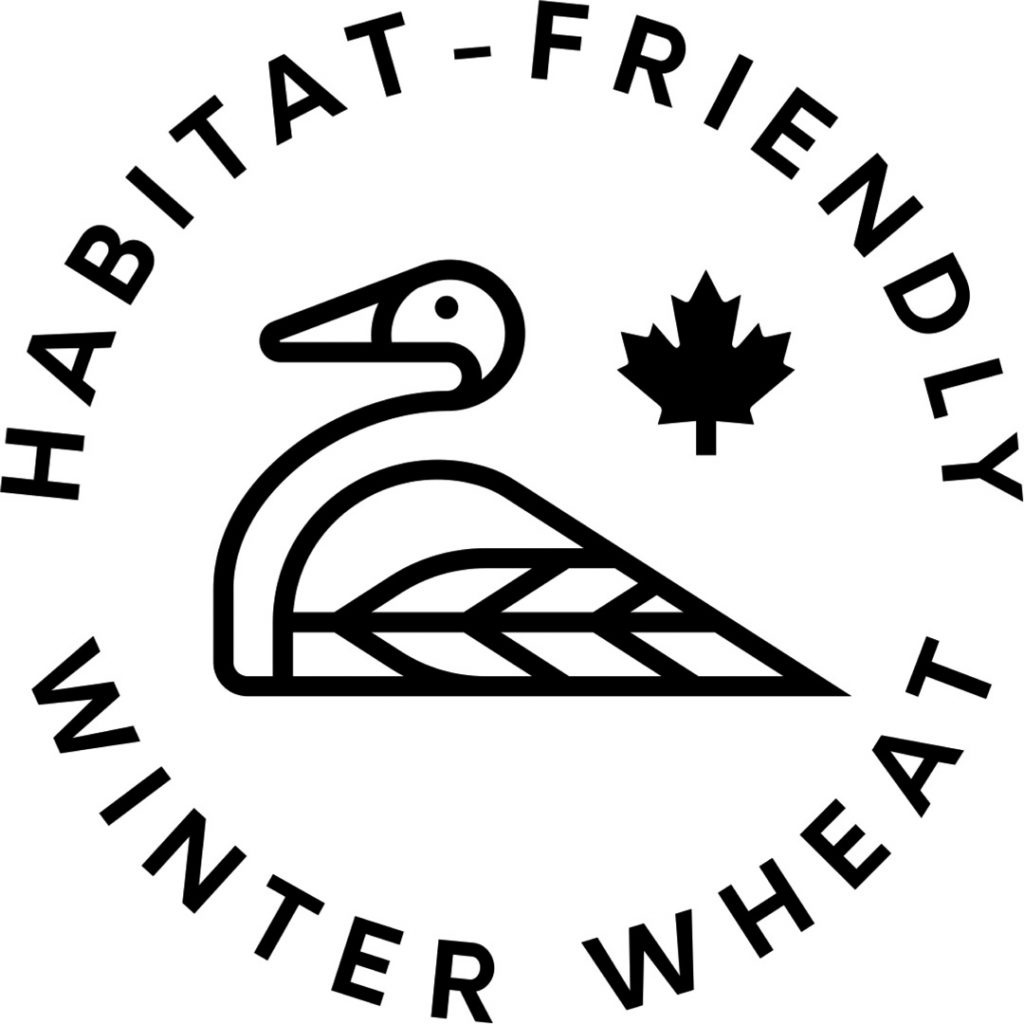NEGATIVE NUMBERS
The drought of 2021 affected crops across the Canadian Prairies and the Great Plains of the U.S. This significantly impacted crop yield and quality in the major barley producing provinces in Western Canada and the states of North Dakota, Idaho and Montana. To add insult to injury, many farms finally received precipitation in the middle of harvest. The hot, dry growing season produced very high protein content while the late moisture triggered significant pre-harvest sprouting.













